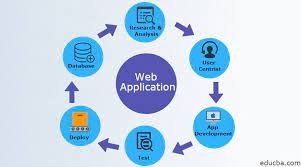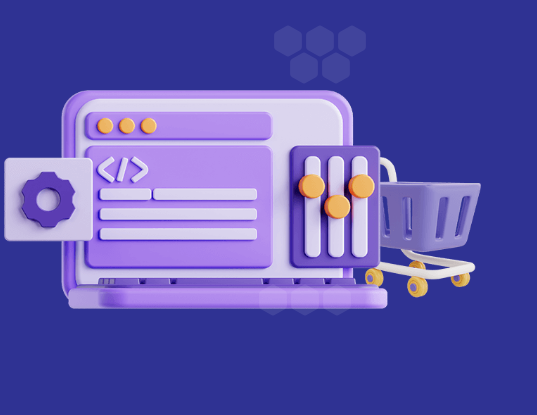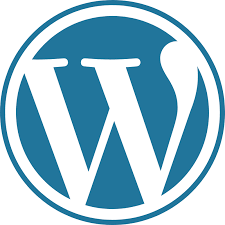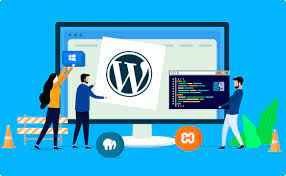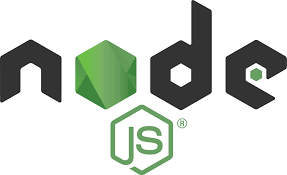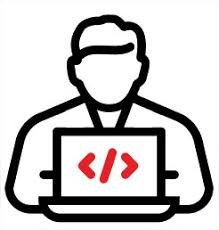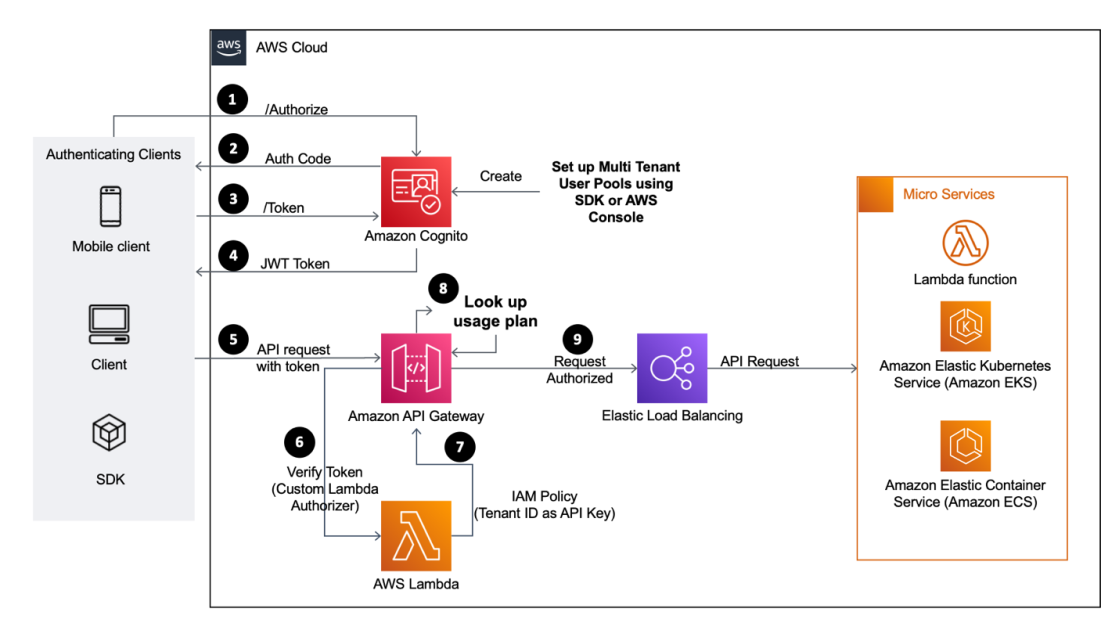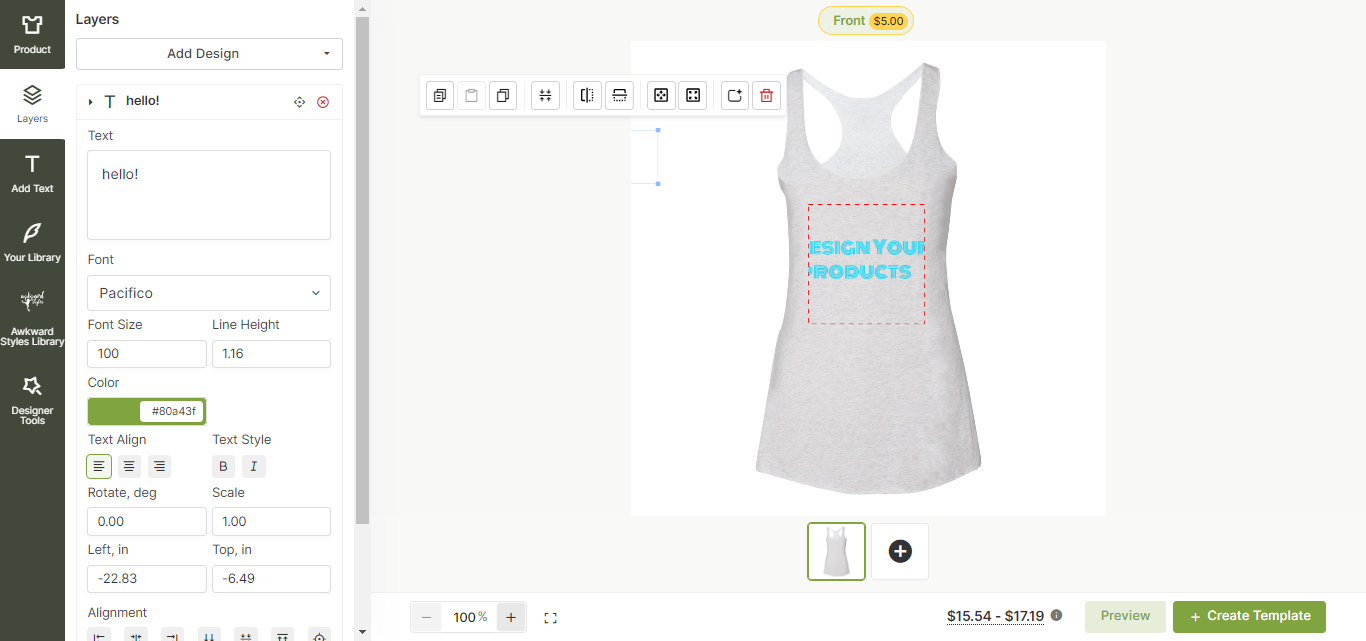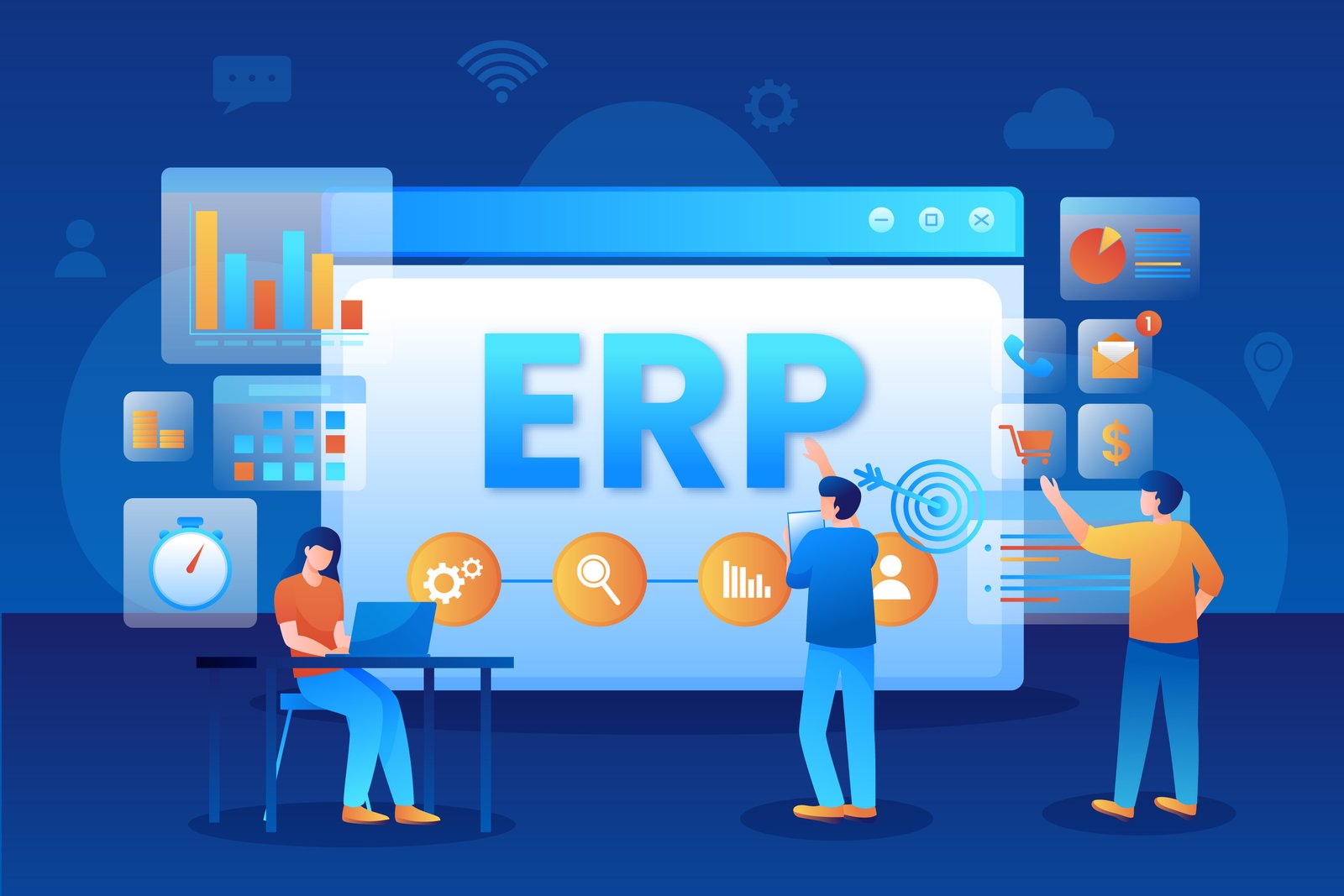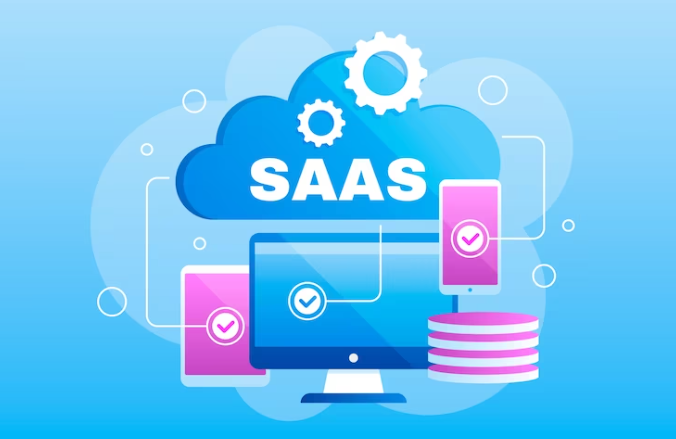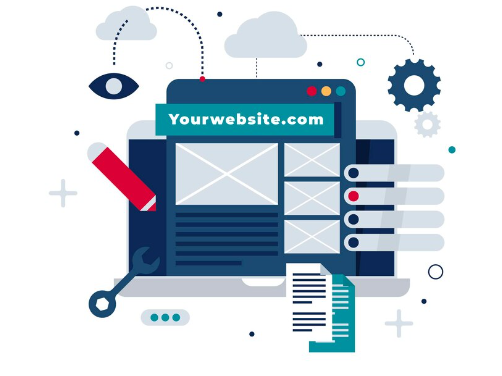
Help me improve load times for wordpress site
Improving load times for a WordPress site can be approached from multiple angles. Here's a checklist to help you get started:
Choose a Good Hosting Provider:
- Your hosting service plays a crucial role in website performance. Consider upgrading to a more robust hosting solution if your current one isn't delivering the speed you need.
Use Caching:
- Implement caching plugins like W3 Total Cache, WP Super Cache, or WP Rocket. They store a version of your pages in the cache for quicker access.
Minimize and Combine Files:
- Use tools like WP Minify or Autoptimize to compress and combine CSS and JavaScript files.
Optimize Images:
- Compress images without losing quality with plugins like WP Smush, EWWW Image Optimizer, or ShortPixel.
Use a Content Delivery Network (CDN):
- CDNs like Cloudflare or MaxCDN can serve your website content from servers closer to your visitors, reducing latency.
Optimize Your WordPress Database:
- Clean up your database by deleting old revisions, spam comments, and transient options. WP-Optimize can automate this process.
Limit the Number of Plugins:
- Deactivate and delete unnecessary plugins. Each plugin can add extra load time.
Update Regularly:
- Keep WordPress core, themes, and plugins updated to ensure optimal performance and security.
Choose a Lightweight Theme:
- Select a theme that's optimized for speed. Consider ones like GeneratePress, Astra, or OceanWP.
Lazy Load Media:
- Use lazy loading for images and videos so they only load when necessary (as the user scrolls down the page).
Reduce External Scripts:
- Avoid using too many external scripts, like font loaders or ad services, as they can slow down your site.
Use AMP:
- If your traffic is largely from mobile, consider using Accelerated Mobile Pages (AMP) for a faster mobile experience.
Monitor Performance:
- Regularly check your website's performance with tools like Google PageSpeed Insights, GTmetrix, or Pingdom.
Implement Advanced Caching Techniques:
- Consider object caching with a solution like Redis or Memcached if your site gets a lot of dynamic traffic.
Optimize Server and Hosting Environment:
- Make sure you are using the latest version of PHP, and that your server configuration is optimized for WordPress.
Disable Hotlinking and Leeching of Your Content:
- Prevent others from displaying your images or content on their websites, which uses your server's resources.
Is there any specific area among these suggestions where you feel you need more detailed guidance, or are you encountering a unique performance issue that you would like to discuss further?


